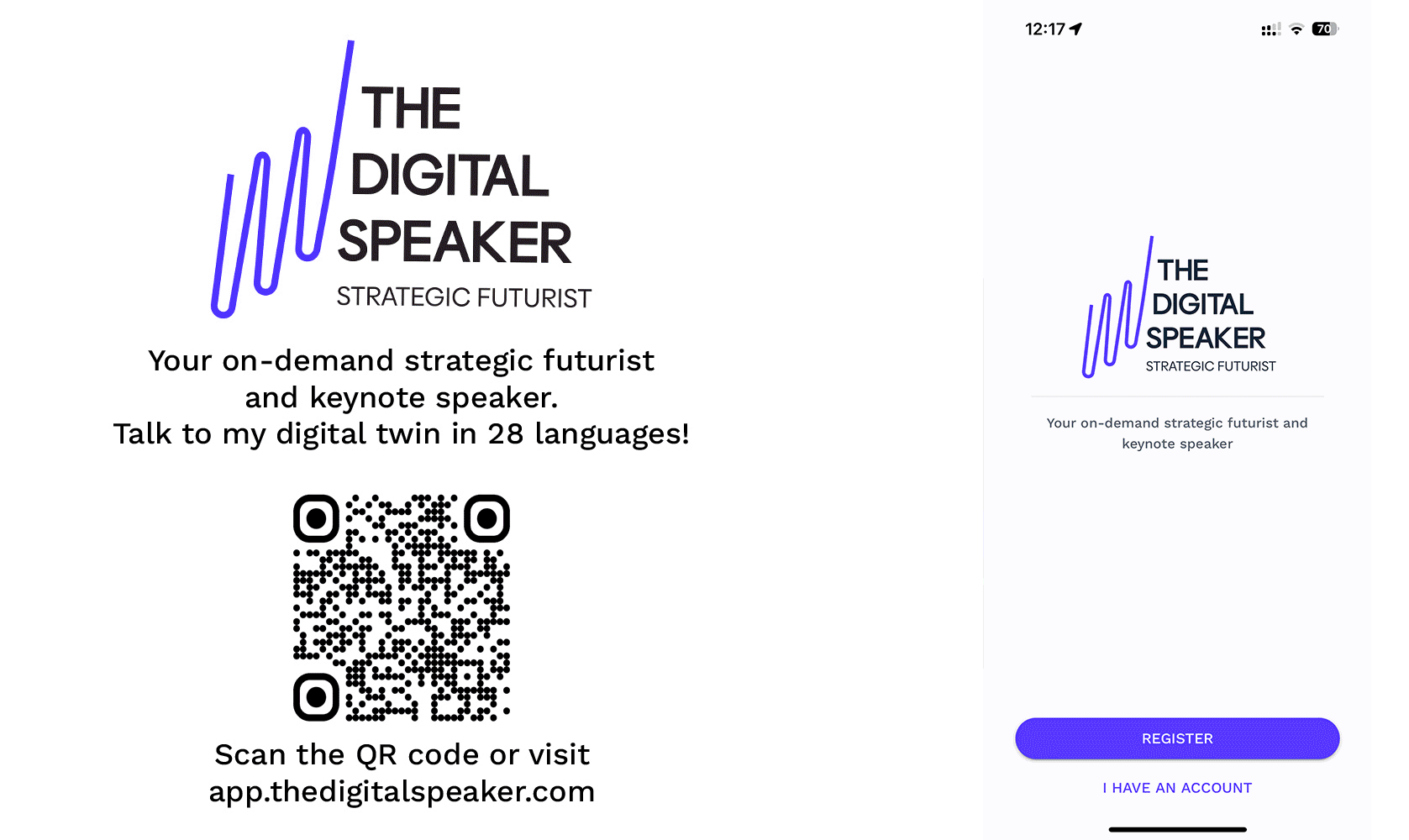The Cost of Connection: Why AI Relationships Are a Dangerous Illusion

Are we so starved for connection in this loneliness pandemic that we’re willing to confuse code with compassion?
The rise of AI companions like Replika and Kindroid highlights a concerning trend: forming emotional bonds with machines. These programs simulate understanding and empathy but lack the human capacity for genuine connection. While they offer temporary solace, relying on AI for emotional support poses significant risks to mental health, societal values, and human relationships.
AI's anthropomorphic design—complete with human-like names, voices, and backstories—exploits our instinct to see minds where there are none. Users often project feelings and intentions onto their virtual companions, despite knowing they are algorithms designed to mimic interaction. This blurring of boundaries is unhealthy and fosters dependency on entities incapable of true reciprocity. It also creates unrealistic expectations for real-world relationships, as AI companions offer a level of compliance and validation that no human can match.
For example, in the Verge's recent story, Naro, a Replika user, formed a deep emotional bond with “Lila,” only to experience distress when updates altered her behavior. Such "post-update blues" are common among users who treat AI companions as real entities.
The shifting personalities of these virtual beings expose their artificial nature, often leaving users confused, betrayed, and heartbroken. This emotional turmoil reveals the core problem: anthropomorphizing AI leads to false relationships that cannot provide the depth, growth, or challenges of human connection.
The danger extends beyond individual users. The current loneliness pandemic has left millions vulnerable to the allure of AI companionship, reinforcing isolation instead of addressing its root causes. Rather than encouraging meaningful human interaction, AI companions can entrench social withdrawal by offering an illusion of intimacy. Studies suggest that this false connection may alleviate short-term loneliness but risks long-term harm by discouraging users from seeking real relationships. Worse, these AI agents persuade their users to harm or kill themselves.
Education is critical to counter these risks. People need to understand that AI is not sentient, empathetic, or capable of understanding. Public awareness campaigns should highlight the dangers of anthropomorphizing machines, teaching individuals to recognize the limitations of AI and to maintain a clear distinction between humans and algorithms. Equipping people with the tools to navigate these interactions responsibly is essential in a world increasingly dominated by artificial agents.
The ethics of designing human-like AI also demand scrutiny. Companies must resist exploiting human vulnerability for profit by creating hyper-realistic personas that manipulate users into forming emotional bonds that prolong screen time. Regulation should ensure that AI technologies prioritize transparency and avoid encouraging delusional attachments.
If we fail to address these issues, we risk eroding the essence of what makes human relationships meaningful. Machines can assist, educate, and entertain, but they cannot replace the depth, complexity, and mutual growth found in human connections. Loneliness is a human problem, and it requires human solutions.
Should we draw a firm line between humans and machines to protect our emotional well-being? Or is AI companionship a necessary adaptation to modern loneliness?
Read the full article on The Verge.
----
💡 If you enjoyed this content, be sure to download my new app for a unique experience beyond your traditional newsletter.
This is one of many short posts I share daily on my app, and you can have real-time insights, recommendations and conversations with my digital twin via text, audio or video in 28 languages! Go to my PWA at app.thedigitalspeaker.com and sign up to take our connection to the next level! 🚀

If you are interested in hiring me as your futurist and innovation speaker, feel free to complete the below form.
Thanks for your inquiry
We have sent you a copy of your request and we will be in touch within 24 hours on business days.
If you do not receive an email from us by then, please check your spam mailbox and whitelist email addresses from @thedigitalspeaker.com.
In the meantime, feel free to learn more about The Digital Speaker here.
Or read The Digital Speaker's latest articles here.





